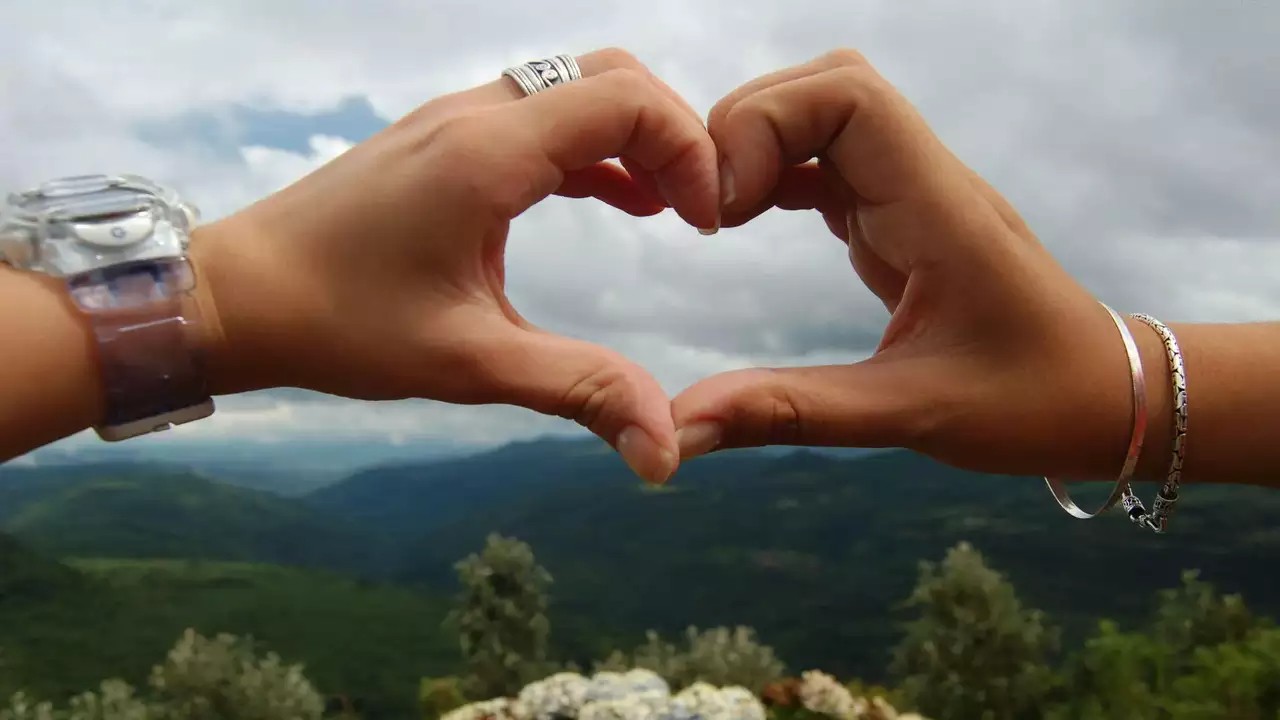- Past economic help relationships have become a secure haven for ladies in want of emotional assist. The modern-day female juggles a couple of roles—profession, circle of relatives, and personal improvement—leaving little room for vulnerability.
In today's world the dynamics of romantic relationships have advanced substantially. In contrast to the traditional perception that love is the muse of sturdy dating, many present-day ladies seem to be in search of something else—help.
Whether or not it’s monetary safety, emotional help, or a means to heal from past wounds, love seems to have taken a backseat.
For many women, financial stability is critical in deciding on an accomplice. The concept of a ‘provider’ isn’t new; however, it has taken an extra dominant function in relationships in recent years. Ladies of all ages now prioritize monetary security over emotional connection, making age gaps in relationships irrelevant.
Whether or not the man is younger or extensively older, his ability to provide economic help frequently outweighs any romantic dispositions. With the cost of dwelling growing and monetary hardships growing, many girls see relationships as an opportunity for monetary comfort in place of a fairytale romance.
Past economic help relationships have become a secure haven for ladies in want of emotional assist. The modern-day female juggles a couple of roles—profession, circle of relatives, and personal improvement—leaving little room for vulnerability.
Read More
As a result, many are looking for partners who can provide a shoulder to lean on, someone to reassure them when lifestyles become overwhelming. Love may not necessarily be the driving force; as a substitute.
Moreover, many ladies input relationships as a form of recuperation. Beyond relationships, regularly toxic and adverse, leave emotional scars that take time to vanish. Instead of taking time to heal independently, some women use new companions as a ladder to move beyond their preceding heartbreaks. However, these relationships may not be constructed on actual love but the need to fill a void left using a painful past. In such instances, guys unknowingly grow to be part of a restoration system rather than a romantic adventure.
For unmarried mothers, the stakes are even higher. A courting isn’t always just about non-public happiness but also about the well-being of their infant. A man who can provide financial stability or act as a father figure becomes an excellent companion.
The affection between the two adults is probably secondary to the want for a strong environment for the kid.
In the present-day dating landscape, relationships are not just about romance. Whilst love may also exist, pursuing protection—financial, emotional, and psychological—often takes a middle level. The query remains: is this a sensible approach to relationships, or has the essence of real love been lost in the quest for assistance?



-1772102940-md.jpg)


-1772090413-1772095461-md.jpg)
-1772094026-md.jpg)

-1772102940-sm.jpg)


-1772090413-1772095461-sm.jpg)